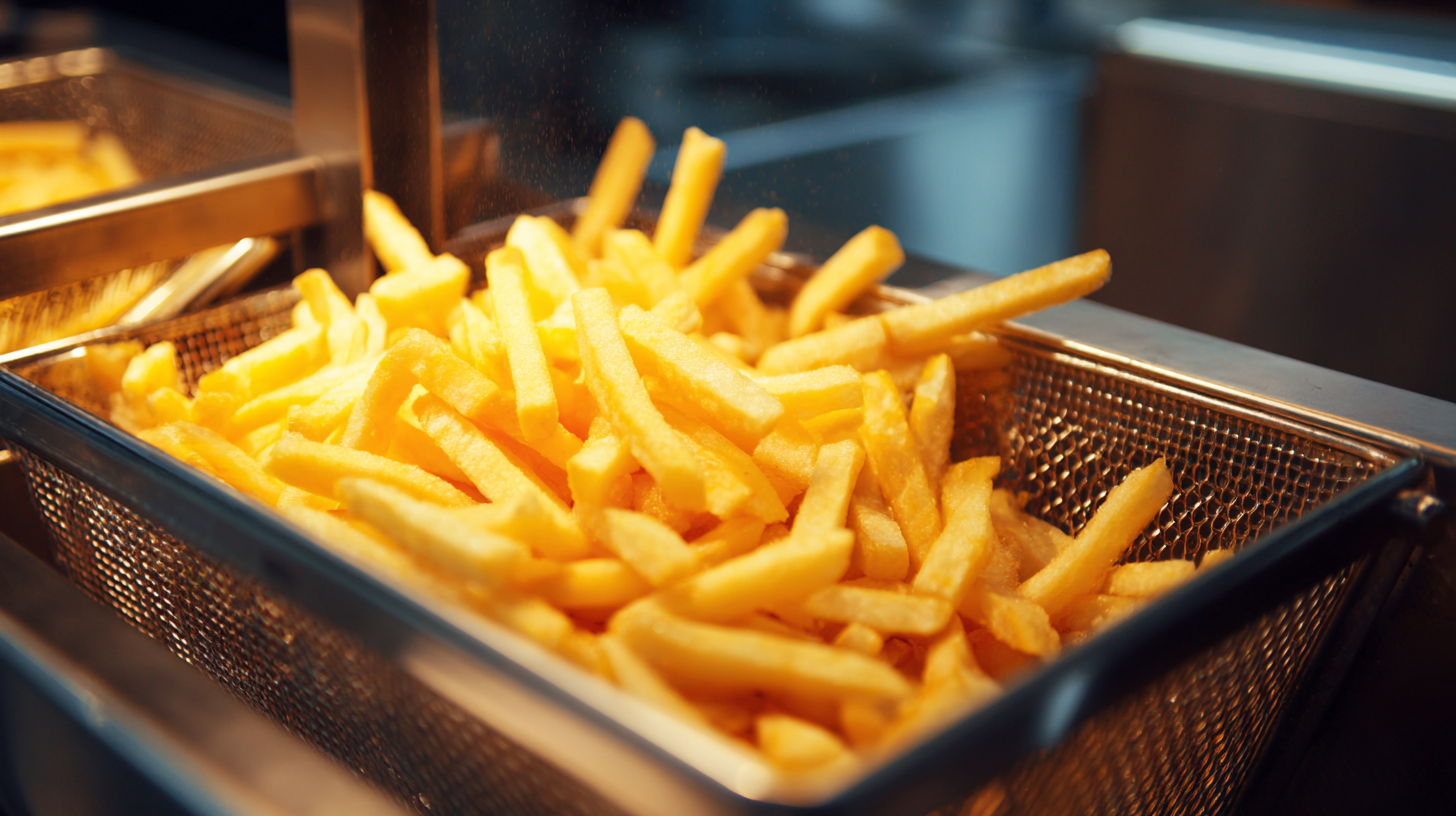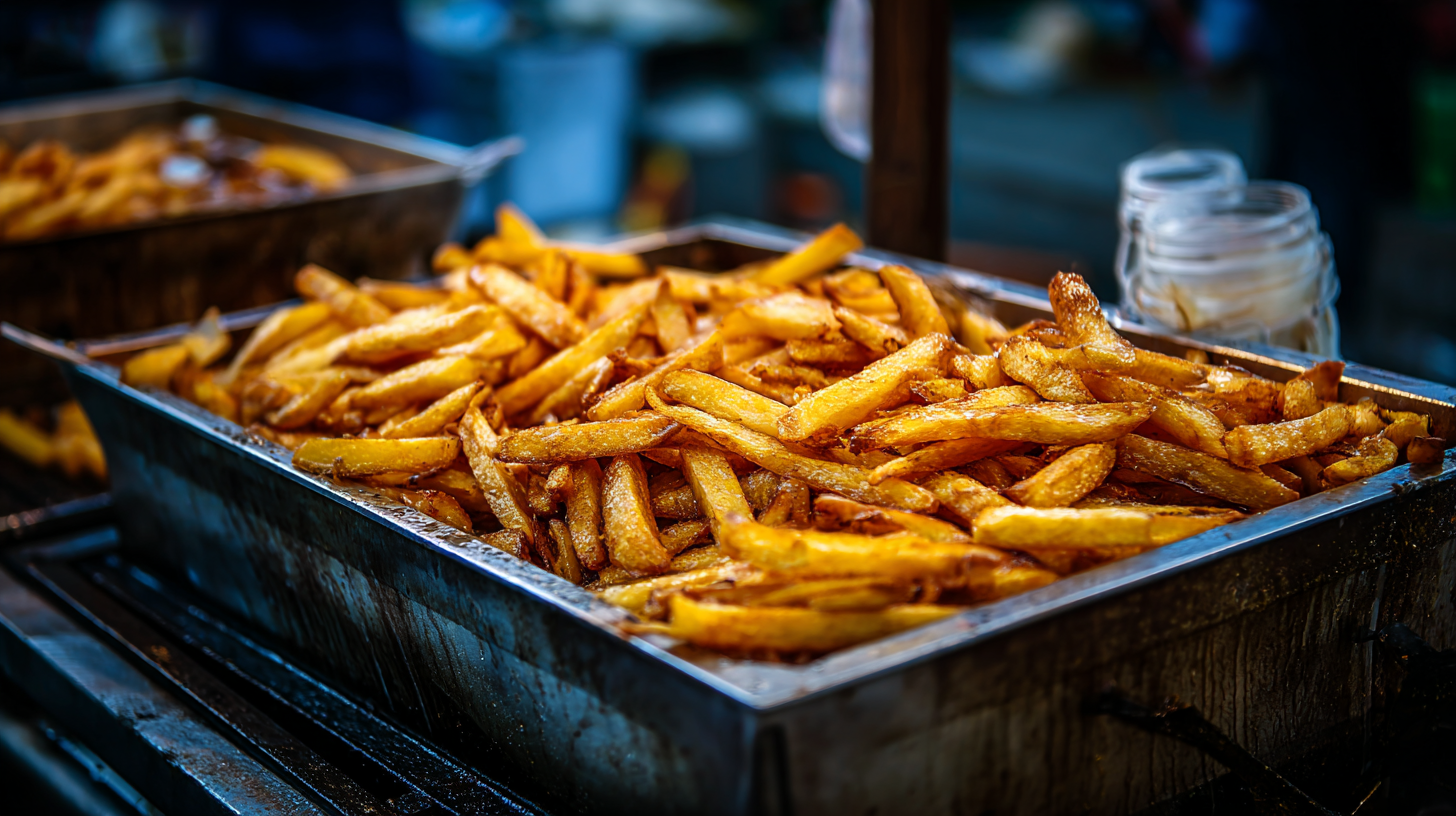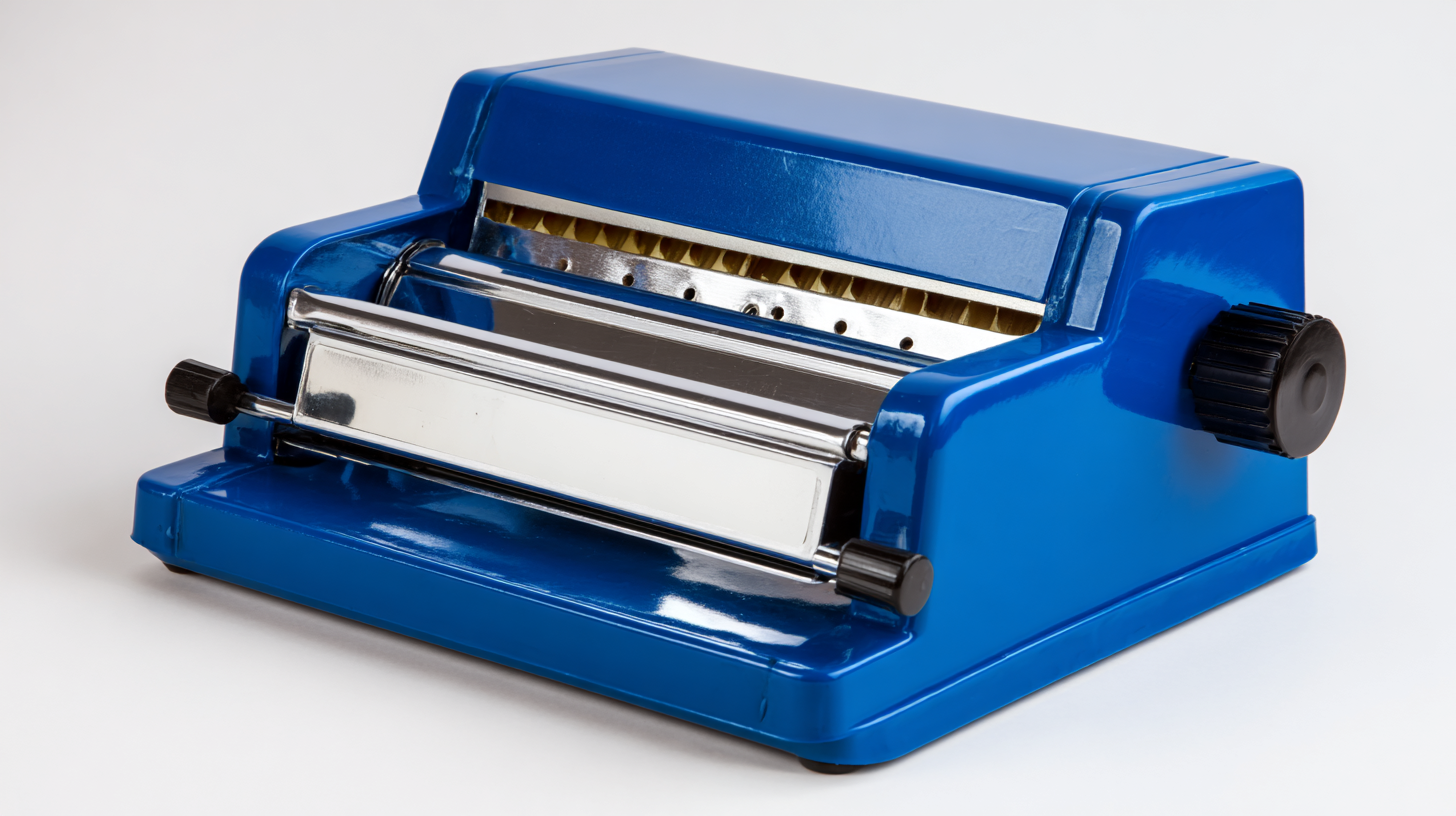
In the competitive landscape of kitchen appliances, the Electric French Fry Slicer has emerged as a key player, transforming the food preparation process in both commercial and residential settings. According to a recent market research report by Grand View Research, the global market for electric kitchen appliances is expected to reach USD 365.3 billion by 2027, driven by increased consumer demand for efficiency and innovation. Within this burgeoning market, the Electric French Fry Slicer stands out, not only for its versatility but also for its potential to enhance culinary experiences. However, navigating the complexities of import and export certifications is essential for manufacturers and distributors aiming to penetrate global markets. As businesses expand internationally, understanding the regulatory landscape becomes critical to ensure compliance, maintain quality, and ultimately, satisfy the growing appetite for perfectly sliced fries worldwide.

When venturing into global markets with electric French fry slicers, understanding the essential certifications required for importation is crucial. Different countries have specific standards and regulations that govern the import of such equipment, focusing on safety, quality, and environmental impact. Certifications like CE marking in Europe or UL certification in the United States not only ensure compliance with local laws but also enhance the product's marketability, assuring consumers of its reliability and safety.
Moreover, international trade agreements and local import regulations necessitate adherence to certifications that address health and safety standards. For instance, documentation proving compliance with food safety regulations is vital, especially when products are used in food preparation. Importers should also be aware of certifications related to energy efficiency, as modern markets increasingly favor sustainable products. Overall, navigating the landscape of import-export certifications can significantly influence the successful market entry of electric French fry slicers in various global regions.
When considering the global market for electric French fry slicers, it's essential to understand the varying standards and certifications required in different regions. For example, while the European market emphasizes CE marking to ensure compliance with safety and health standards, the US market predominantly looks for UL certifications. The absence of these certifications can significantly hinder market entry and sales potential. Therefore, manufacturers must stay informed about the specific regulatory landscapes in their target regions to avoid costly setbacks.
Tips for manufacturers include: First, conduct thorough research on the regulatory requirements in each target market before launching products. This proactive approach can reveal specific certifications needed and help streamline the compliance process. Second, consider collaborating with local experts or consultants who understand the intricacies of import-export regulations. Their knowledge can be invaluable in navigating the complexities of various standards, ensuring a smoother entry into diverse markets.
Additionally, staying updated with changes in certification processes is crucial. Standards can evolve, and being proactive—monitoring regulatory updates and adjusting accordingly—can position a manufacturer favorably against competitors in the rapidly changing landscape of global commerce.
In the competitive landscape of global markets, compliance with health and safety regulations is pivotal for the success of exporting electric French fry slicers. According to a report by the International Organization for Standardization (ISO), approximately 62% of consumers prioritize health and safety certifications when making purchasing decisions. As regulations evolve, manufacturers must ensure their products meet both local and international standards to maintain market access and meet consumer expectations.
Furthermore, data from the World Trade Organization (WTO) indicates that non-compliance with health regulations can result in export rejection rates exceeding 30%. This underscores the importance of obtaining necessary certifications, such as CE marking in the European Union or FDA compliance in the United States, which not only bolster product credibility but also mitigate risks of costly recalls and legal liabilities. By prioritizing health and safety compliance, businesses can enhance their reputation, foster customer loyalty, and ultimately drive sales in an increasingly health-conscious market.

The demand for certified electric French fry slicers is rapidly increasing in emerging economies, driven by a combination of urbanization, growing fast-food chains, and a shift in consumer preferences towards convenient food preparation. These regions are experiencing a culinary transformation, and the need for efficient, high-quality kitchen equipment has become paramount. As local markets expand, restaurants and food vendors are keen to adopt products that not only meet quality standards but also ensure food safety and compliance with regulatory frameworks.
In this context, certifications play a crucial role in establishing trust and credibility. Manufacturers that invest in obtaining recognized certifications can differentiate their products in competitive markets. It signals to consumers and businesses alike that the equipment is reliable, safe, and efficient. As emerging economies continue to recognize the importance of quality in food preparation, the trend towards certified electric French fry slicers is likely to accelerate, enhancing the overall kitchen experience and meeting the rising expectations of consumers.
Quality assurance certifications play a pivotal role in enhancing the competitiveness of electric French fry slicers in global markets. According to a recent report by the International Organization for Standardization (ISO), products with recognized quality certifications can experience up to a 30% increase in market acceptance. As consumers increasingly prioritize safety and performance, certified products are more likely to gain consumer trust and brand loyalty.
Additionally, regulatory compliance is becoming more stringent across borders. The European Union's CE marking and the U.S. FDA regulations impose strict guidelines on food processing equipment, including electric fry slicers. Companies that achieve these certifications not only ensure compliance but also reduce liability risks. Industry data indicates that manufacturers investing in quality assurance processes see a 20% reduction in product recalls, further solidifying their reputation in the marketplace. By prioritizing certifications, manufacturers can enhance their product’s appeal, ensuring they stand out in a competitive landscape.
